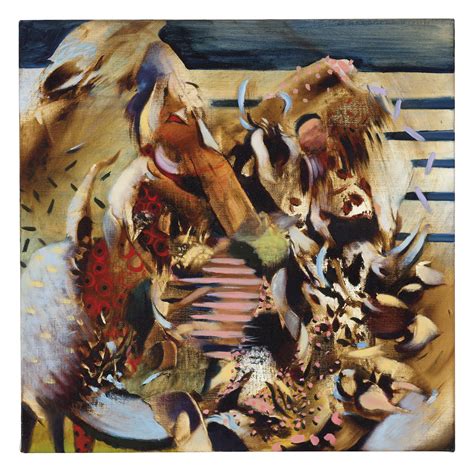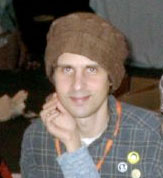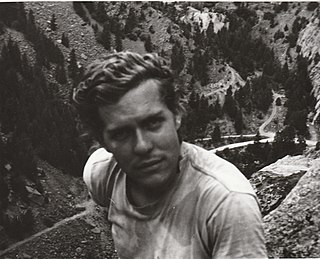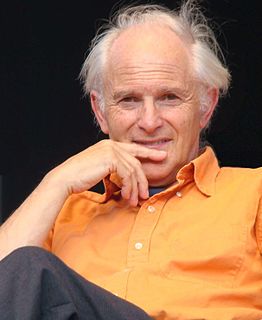A Quote by Toni Duggan
In England, you pass from A to B, and it goes to B, but in Barcelona, you have to go to D and then to F, and it really works your brain.
Related Quotes
Think about the way you go surfing on the Internet - you go from one thing to another. You can't really concentrate. I can't sit and read 10 pages on my computer. You'll read and then all of a sudden part of your brain is like, "What about that? ...You're not reading the whole book. You're reading fragments. Even though I think it's bad, I think it's interesting too, because that's the way my brain works.
And if you look at society, the way it works, they are creating, from cradle to grave, left-brain prisoners. To advance in this society, you have to be good at passing exams in school, which are taking in left-brain information overwhelmingly. Then you go to the next level, and so on so that by the time you reach any level of significant influence in society or the institutions of society, you are fundamentally locked into your left brain. Or at least the majority of people are.
Through my life and my experience, I believe getting "positive mental attitude" is true. Your brain has certain pathways in it, and if you feed those pathways with certain types of thoughts, the blood goes to those neurons and nourishes them, and they grow and develop. That's how you build habits. Physically, I think that's how your brain works. If you have certain habits that are negative and causing you problems that you want to change them, you can actually change the blood flow and stuff in your brain by thinking a different way.
So it's like your brain has a large filing cabinet and it's opening up each drawer and it's taking in various images and memories from the day, consolidating what it needs to and puts in whatever file. And then if there's something that doesn't fit in any of the files and doesn't really belong, you'll forget about it. So it's a way of really getting a succinct way of storing things in your brain.
You can be an idiot and survive because you just go to McDonalds for your food, and you go to work and do some sort of inane job, which is nobody taking any responsibility - it's always up the line - and then you watch the Super Bowl, and that's it. But in the old days, you really had to know how your world works. You don't need that anymore.





































